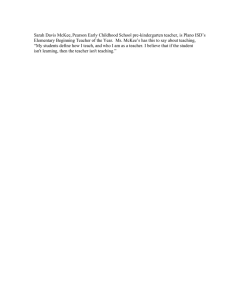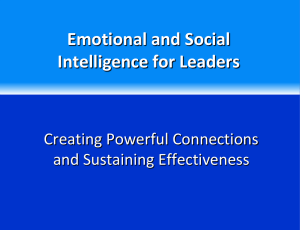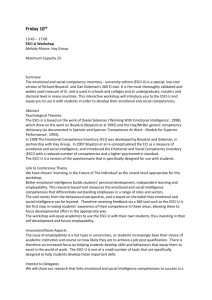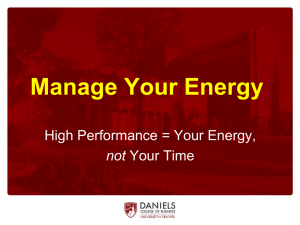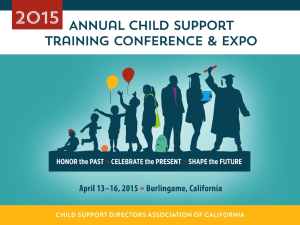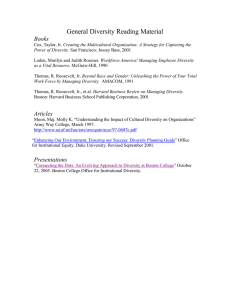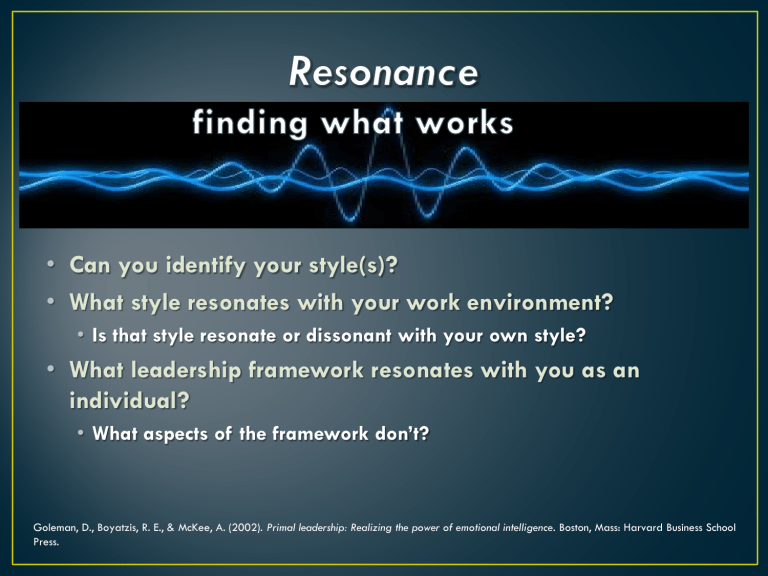
• Can you identify your style(s)? • What style resonates with your work environment? • Is that style resonate or dissonant with your own style? • What leadership framework resonates with you as an individual? • What aspects of the framework don’t? Goleman, D., Boyatzis, R. E., & McKee, A. (2002). Primal leadership: Realizing the power of emotional intelligence. Boston, Mass: Harvard Business School Press. • • • • • Transformational Situational Organizational Transactional Behavioral • To name only a few…. • Who do I want to be? • What are my strengths and gaps? • How can I build on my strengths while reducing my gaps? • Practice new behaviors, thoughts and feelings to the point of mastery • Develop supportive and trusting relationships that make change possible Goleman, D., Boyatzis, R. E., & McKee, A. (2002). Primal leadership: Realizing the power of emotional intelligence. Boston, Mass: Harvard Business School Press. • Reluctant leadership-Don’t want to be the captain? What other roles need leadership in the organization? • For tenure, leadership is often required-what can you do? • Lack of promotional/organizational opportunity-where do you look? • Leading “up”- influencing those around & above you by knowing your style. • Goleman, D., Boyatzis, R. E., & McKee, A. (2002). Primal leadership: Realizing the power of emotional intelligence. Boston, Mass: Harvard Business School Press. • Boyatzis, R.E., & McKee, A. (2006). Intentional Change. Journal of Organizational Excellence, Summer, pp. 49-60. doi: 10.1002/joe • Gallos, J. V. (2006). Reframing complexity: A four dimensional approach to organizational diagnosis, development, and change. In J.V. Gallos (Ed.), Organizational Development: A Jossey-Bass Reader . Retrieved from http://www.joangallos.com/wp-content/uploads/2007/08/reframingcomplexity-a-four-dimensional-approach.doc • Lee Bolman - http://www.leebolman.com/index.html • Joan V. Gallos - http://www.joangallos.com/ Best Practices of Leadership Transition During COVID-19
